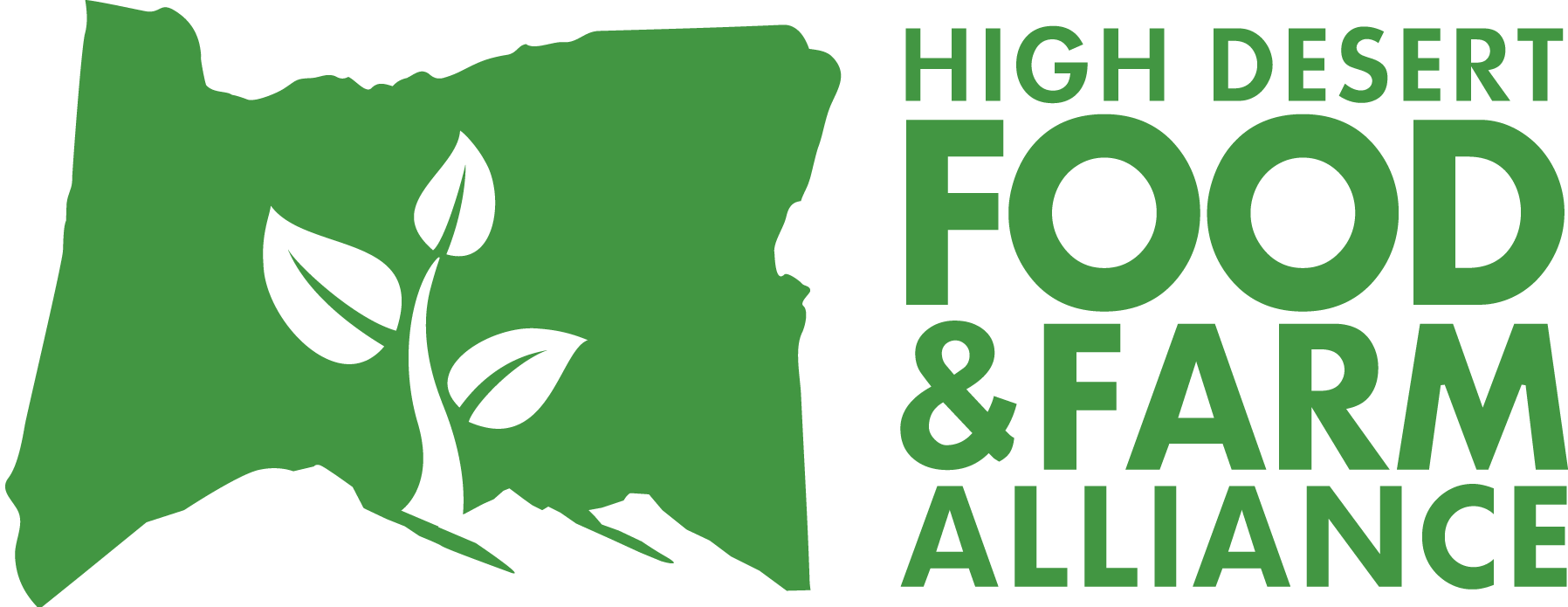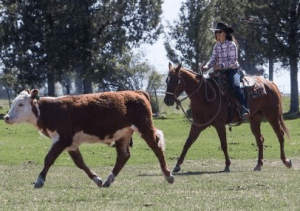This is a guest post written by Linda Anspach of DD Ranch in Terrebonne, OR on her experience with the current drought plaguing Central Oregon and the impacts it has on her business and the larger agricultural community.
Photos courtesy of Amanda Photographic
—
 I am first considering the bleak outlook on the hay market, as it relates to the drought. But first the drought… farmers and ranchers all over Oregon are facing extreme drought and water cut backs and/or cut offs. Some areas, such as the Klamath Basin haven’t gotten any irrigation water this year.
I am first considering the bleak outlook on the hay market, as it relates to the drought. But first the drought… farmers and ranchers all over Oregon are facing extreme drought and water cut backs and/or cut offs. Some areas, such as the Klamath Basin haven’t gotten any irrigation water this year.
I know that the vast majority of the population is unaware of the struggles that farmers and ranchers face in normal years, but this year is exceptionally dire. There are many livelihoods at stake and it’s going to reach a critical point very soon where producers are going to have to make hard choices – stop farming, sell animals, keep animals and hope we have enough feed. Different segments of the agricultural community will have different outcomes.
This year, hay producers will produce substantially less hay than in normal years due to the drought. The effect is that the supply will not meet demand and prices will be driven to astronomical high. Fortunately for them, they may make up for most of the lost production by increasing the prices. The cost per ton that we are experiencing is ranging from 2-3 times higher than normal. For example, I have bought triticale hay in the past for a low of $100/ton and a high of $150 per ton. Currently on Facebook marketplace it is listed as $259/ton. This is not a high feed quality hay. I am not even able to find alfalfa listings. Hay is being pre-purchased before harvest leaving many producers with no options to purchase anything at all.
Row crop producers are seeing the water cut off early and their crops may never mature in order to be harvested and sold.

Livestock producers, I believe, will be some of the hardest hit. The hay shortages and increased prices for what will be available are going to bring on some tough decisions. I can’t just go to Fred Meyer if I don’t like the prices. I have to pay $100-$300 per ton because we do not have a choice. Couple the increased cost of hay with increased fuel prices, increased minimum wage, increased insurance cost, increased butcher fees, etc… it makes it difficult to farm and ranch. In order to survive, we need to pass on the cost to the consumer but when it comes to meat, price sensitivity is very high. If I raise my meat prices, my customers can just say “too high, I’m going to the grocery store”.

The worst scenario is that we simply can’t find hay. Our choices then are to sell our herd or limit their feed to what we can come up with. As you can imagine, many livestock producers will be left with no choice but to sell their herds. So limited hay supply (prices up) is going to have the effect of too much cattle supply (prices down). We will likely receive rock bottom prices for animals we are forced to sell.
The other downside is that without a herd, we no longer have future product to sell and by the time we think we can buy more cattle, the prices most likely will be up if we can find a way to survive until that point. Now, if we limit their feed to what we have, the specter of starving animals will be upon us. When it comes to horses in particular, that may become a grim reality because people won’t want to buy animals in a short supply hay market and people may get stuck with mouths that they can’t feed.







